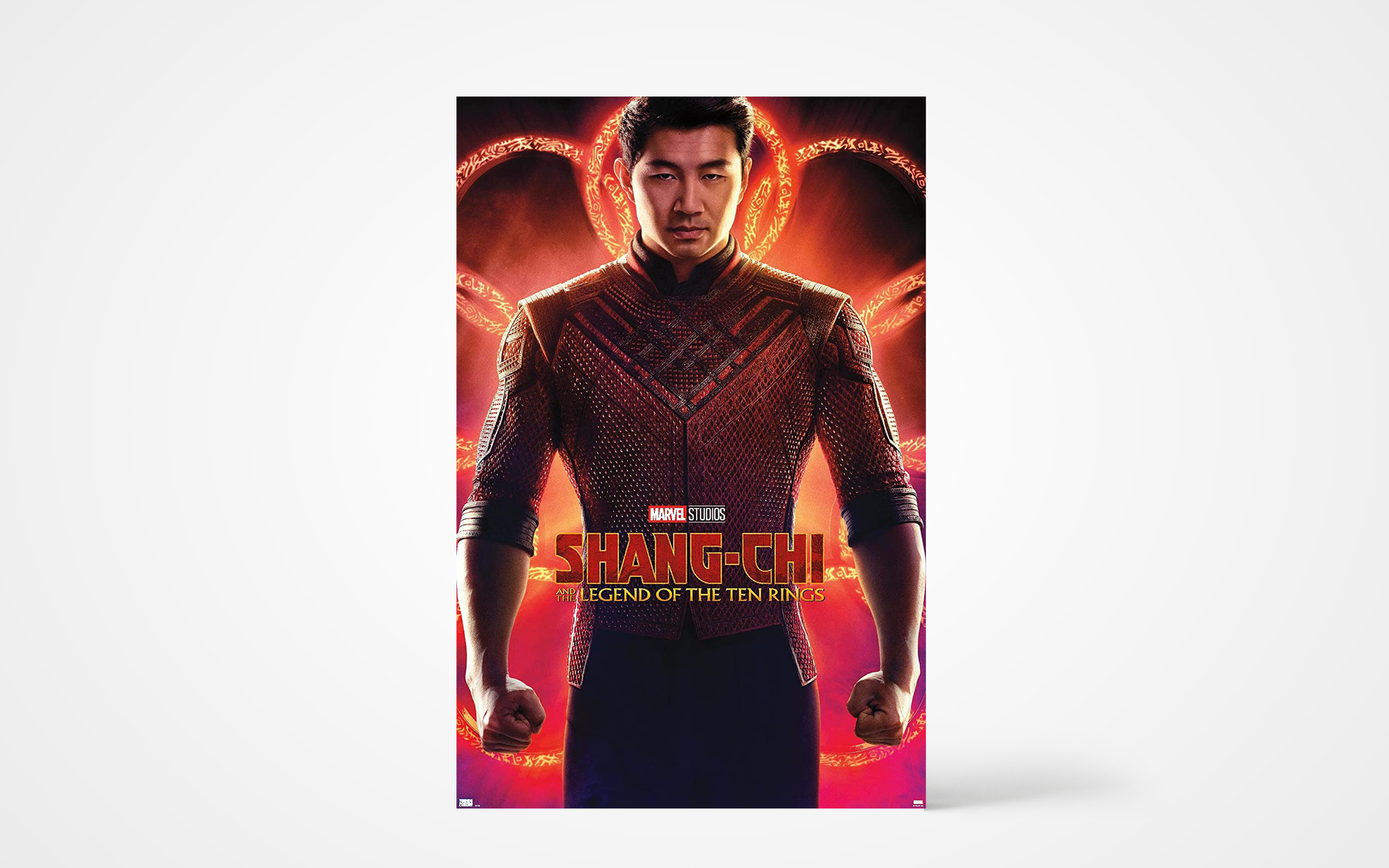Sometimes I hate that the hyphen in “Asian-American” commonly exists.
As an Asian American, it’s a constant reminder of our otherness. But the newest addition to the Marvel Cinematic Universe, Shang-Chi and the Legend of the Ten Rings succeeds in creating a twist on an historically undesirable narrative.
Shang-Chi has all the bells and whistles that we’ve come to appreciate with all superhero films in the MCU; quick-witted humor, action sequences, character cameos, Easter eggs, and the ever-present struggle between good and evil. But in many other ways its appeal, especially to Asian Americans, is the visceral affirmation we experience when the nuances of Asian culture in North America are portrayed with dignity and accuracy.
For example, Shang (played by Simu Liu, formerly of Kim’s Convenience fame) is the reluctant hero who has a past. There’s nothing new here on the surface, as this is a common movie trope. Equally common is his quoted phrase, “All I ever wanted was a normal life.” But hearing this phrase coming out of the mouth of an Asian American character adds an uncanny layer of familiarity. For many Asian Americans, like Shang, our goal was never to stand out, but to fit in. The anonymity of normalcy was a greater virtue than cultural exceptionalism because we always carried with us a desire to be unnoticed for the purpose of inclusion.
And although this desire to fit in is on the forefront of our psyche, there exists an equally persistent and conflicting desire to stay connected to the culture of our ancestral homeland. Shang-Chi gets this nuance correct as well. In a scene where Shang is revealing his identity to his partner, Katy (played by Awkwafina), she comically ridicules him for changing his name from Shang to Shaun; a laughable attempt to hide his true identity.
The impact of this comedic moment might be missed by most, but the proximity in pronunciation from Shang to Shaun represents a yin-yang struggle that Asian Americans know all too well. The shaky, knees-wobbling, tension of straddling both cultures without ever fully leaping from one side to the other is not only the driving force of the movie but, having it be told through the narrative lens of a minority subculture, Shang-Chi offers a refreshing take on an old theme.
Following in the footsteps of Crazy Rich Asians, Always Be My Maybe, and Minari, Marvel’s Shang-Chi and the Legend of the Ten Rings joins the others that have highlighted the “hyphen” in a positive way. This film portrays Asian exceptionalism not as something to shy away from, but as an avenue into inclusion. (Marvel Studios)
About the Author
Daniel Jung is a graduate of Calvin Theological Seminary and an ordained pastor in the Presbyterian Church in America. He lives in Northern California, where he serves as an associate pastor at Home of Christ in Cupertino.








